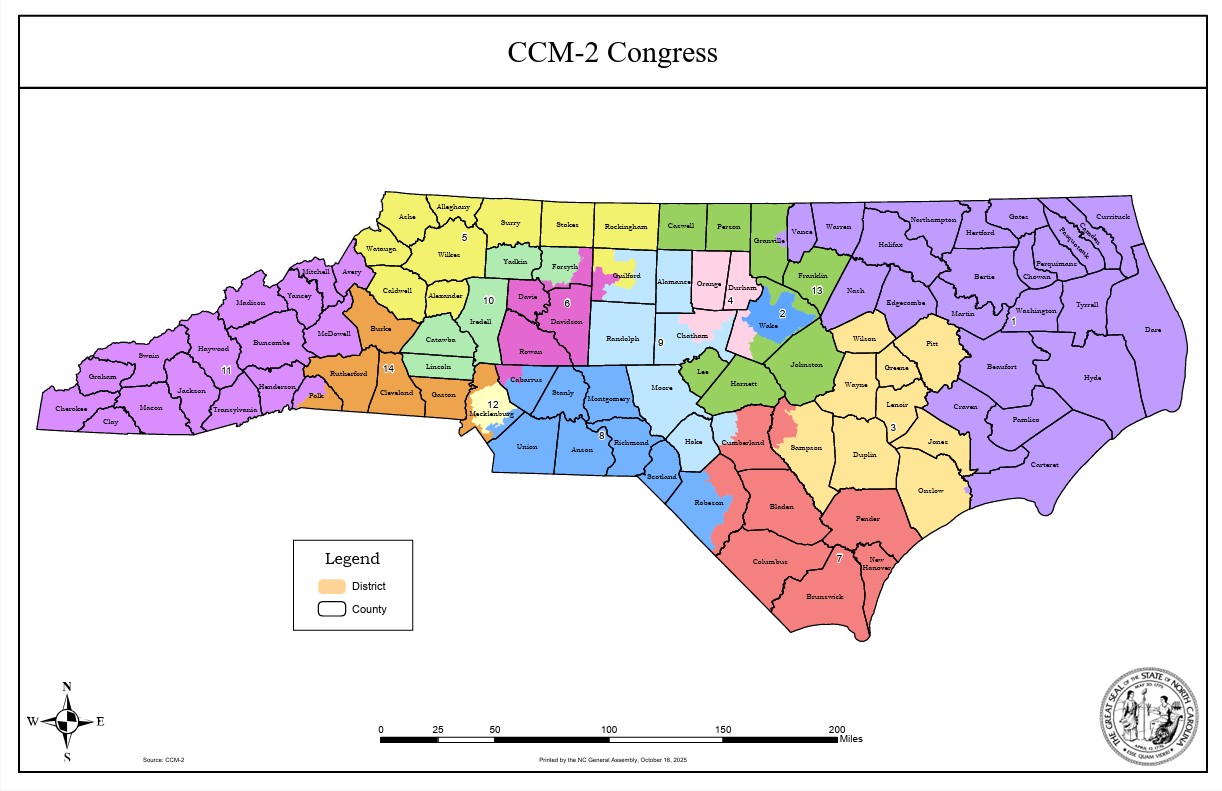A national judicial reform group and a North Carolina law school leader on Wednesday backed altering the state’s current method of selecting judges, offering options to legislators focusing more on appointments and confirmations and less on current head-to-head elections.
North Carolina voters elect judges like other positions based on an 1868 constitutional mandate. For decades many lawyers and legal advocates have urged a “merit selection” process that could involve the governor, the General Assembly or both with appointing a judge, who is then subject to an up-or-down retention election. Changes ultimately would require a constitutional amendment approved in a referendum.
Interest in altering the current process have grown recently in the Republican-controlled Senate, where a special committee looking at whether to propose massive changes to the state’s judiciary heard selection presentations Wednesday. The committee also is evaluating another plan separately backed by House Republicans to redraw election districts for trial judges and local prosecutors.
Any changes could be considered formally in a special session next month.
The Brennan Center for Justice, based at the New York University School of Law, recommended that senators back a process by which a nominating commission would vet potential candidates for judicial vacancies. Commission members should include lawyers and non-lawyers and be chosen by elected leaders and lawyer groups, or through open applications.
The commission would create a final candidate list from which the governor must choose. The appointee shouldn’t be subject to future judicial elections, the center recommends. Rather, it supports giving the judge lifetime tenure, one long term or the chance to get re-appointed to another term through approved by a commission.
There is evidence that letting judges seek re-election, whether through head-to-head elections or retention elections, influence their legal decisions from the bench, said Alicia Bannon, the center’s senior counsel.
“It encourages a heightened focus on job-protection issues,” Bannon told the committee. Using the right nominating commission would promote high-quality and diverse candidates and reduce the influence of outside money or special interests in the judiciary, Bannon said.
Some senators questioned whether the legislature should instead make the judicial appointments, or approve a list of qualified candidates from which the governor must choose.
“What body other than a legislature could be diverse or more accountable to the people?” asked Sen. Warren Daniel, a Burke County Republican and committee co-chairman.
The legislature elected judges for nearly 100 years before the 1868 state constitution, according to a presentation from professors at the University of North Carolina law school in Chapel Hill, which didn’t make any formal recommendations.
But Martin Brinkley, who is also the law school dean, said he personally backs a method mimicking the selection of federal judges — executive branch nominations then subject to legislative confirmation.
Some Republicans have filed legislation reducing state judicial terms of four and eight years down to two — a proposal that’s been opposed by Democratic Gov. Roy Cooper and current Chief Justice Mark Martin, a Republican.
Brinkley didn’t specifically mention the legislation, but said potential judges need assurances they’ll have enough time on the bench to make a difference and counter relatively low pay and the elections being a judge now entails.
“We are in a time in which there are signficiant barriers to judicial service on the part of highly-qualified people,” Brinkley said.











